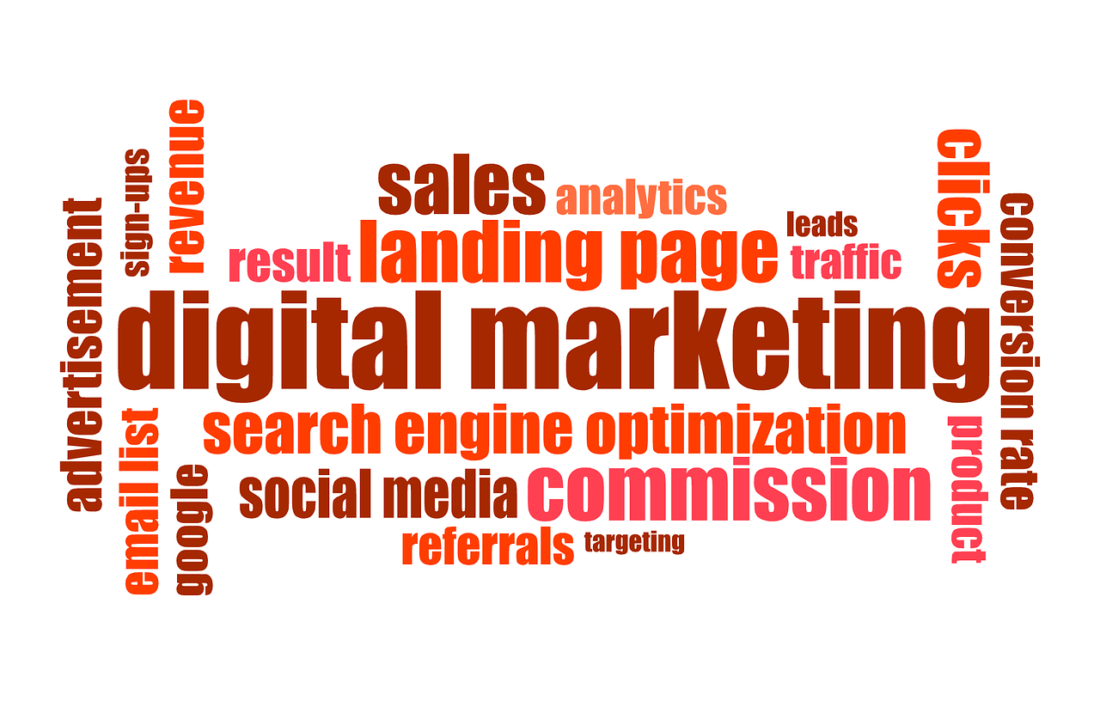 What’s your current marketing strategy? Do you think it will hold your business together during an economic downturn?
What’s your current marketing strategy? Do you think it will hold your business together during an economic downturn?
The truth is, an economic recession will most likely destroy a business that’s not well-prepared. For instance, the last recession saw a myriad of businesses collapse, and nobody wants that for their business, especially when you think about all the effort you’ve put to grow it.
If you don’t want your business to go down during a recession, you have to embrace the appropriate marketing strategies. The strategies should be capable of handling tough situations during a dark economic storm.
So without further ado, let us look at how you can leverage marketing during a recession.
Table of Contents
- 1 1. Embrace social media as a vital marketing tool
- 2 2. Send thoughtful postcards
- 3 3. Understand your target audience’s behavior during a recession
- 4 4. Do not cut down on marketing
- 5 5. Audit your site
- 6 6. Focus on your unique value
- 7 7. Boost your conversion rates by testing, learning, and repeating
- 8 Final word
When the economy plummets, one of the marketing strategies that could work magic for you is by leveraging social media. How is this an effective strategy? Well, today, we have plenty of social media platforms such as Twitter, Facebook, Instagram, and YouTube. Each of these platforms is crowded by users, and among these users exist your target audience.
Social media platforms allow people from different parts of the world to communicate and engage freely. Here, people share their views on different topics, including how the recession has affected their daily lives.
With that said, you could create an online presence for your brand on several social media platforms. This will help you reach your target audience much faster. However, you have to come up with creative social media campaigns that will allow you to engage with your audience better. You could easily grow deep relationships through these platforms.
2. Send thoughtful postcards
During an economic downturn, people’s lives are in disarray. So, if you run a business, you have to engage with your customers on a personal level. It helps to let them know that you are human and that you care about them.
One of the most effective ways to express this care is through tasteful professional postcards. You can choose from a wide array of templates to create your professional postcards. You can tailor these postcards to your brand and image, and that’s one way to increase your business’ visibility.
3. Understand your target audience’s behavior during a recession
If you wish to leverage marketing during a recession, then you must dig deep to understand the change in behavior during a recession. Before this, however, you need to understand that the way your current audience behaves when the economy is well isn’t the same way it will behave during a recession.
Therefore you need to look at how your audience segments behave during an economic downturn. You should notice any changes when you use a baseline framework. The framework will also help you identify how your audience’s behavior will continue changing.
Using the information that you have, you can tailor your marketing campaigns to suit your current audience’s behavior. Get to know what motivates them during a recession, then maximize it.
4. Do not cut down on marketing
During a recession, most businesses’ models change. For instance, you will find some business owners making budget cuts on their marketing department. That, however, is not a tactic that we’d advise you to use. Why? Slashing your marketing budget could bring about negative outcomes in the long run.
You may think that you’ll protect your profits by making this cut, but you might be wrong. This is because most business owners don’t know that such a move is just a temporary plan. If you focus on short-term profits, there is a high likelihood that your profits will reduce when the recession is over.
Marketing allows your business to connect with a valuable audience, and making cuts limits your access to them. Without this invaluable access, you cannot influence their purchase behavior. That said, ensure to use marketing to make your brand more powerful, even if it means doing so on a tight budget.
5. Audit your site
Your website plays a crucial role in the growth of your business. It’s even more significant during a recession. As a result, you need to ensure that it’s functioning perfectly. You need to analyze its functionality and design. You must also ensure that it’s easy to use. Fortunately, you’ll come across analytical tools that’ll show you how your website is performing.
Needless to say, your target audience is financially pressed during a recession. Therefore, no one wants to find clutter that makes it hard to navigate your website for information. When you analyze your site, ensure that all the problems found get fixed. Otherwise, you might lose your audience to your competitors.
But wait, that’s not all.
You also have to take advantage of low-cost strategies that will increase your brand’s visibility to potential clients. One of the ways to do this is by publishing high-quality content for your site. The content needs to be interesting, and you have to update it regularly to increase visibility in search engines.
6. Focus on your unique value
What makes you stand out from your competition? The unique value that your business provides its customers. During a recession, your positioning strategy should be based on what your business does best. However, your business’ value should not matter to you alone. No. You have to be sure to position yourself in a manner that your audience can understand.
You will need to do some research to know what value your business provides its people. That way, you’ll manage to provide your customers with the value they’re looking for, and that’s very crucial during a recession. The aim is to increase your clients’ loyalty and to avoid losing them during the economic storm.
7. Boost your conversion rates by testing, learning, and repeating
If you ask any digital marketer, he or she will tell you that you cannot change people’s spending habits during a recession. If anything, people are trying to make budget cuts so that they can survive the tough times. So, what do you do?
To keep making sales, you need to learn the purchasing journey that your products’ buyers take during an economic downturn. Do not assume anything because that may see you take a turn for the worst. Once you identify a pattern, you can put what you’ve learned to the test. Tweak your marketing strategies and campaigns to suit the current situation.
You can run several tests to help you come up with the most cost-effective tactics to keep your business afloat. You can also test new strategies, then compare them to the old ones to see which one performs better.
Final word
A recession means that both your business and your target consumers will face a tough time. As a result, consumer patterns will change, which means that businesses have to come up with better strategies that will help keep them afloat. If you would like your business to maintain a competitive edge during the recession that is likely to set in, the tactics mentioned above could come in handy.







